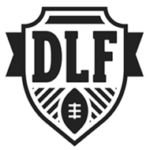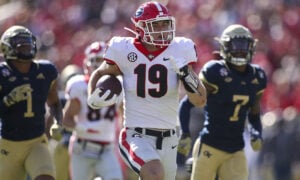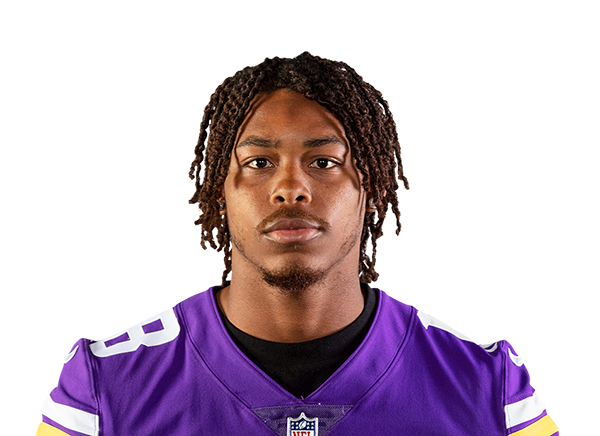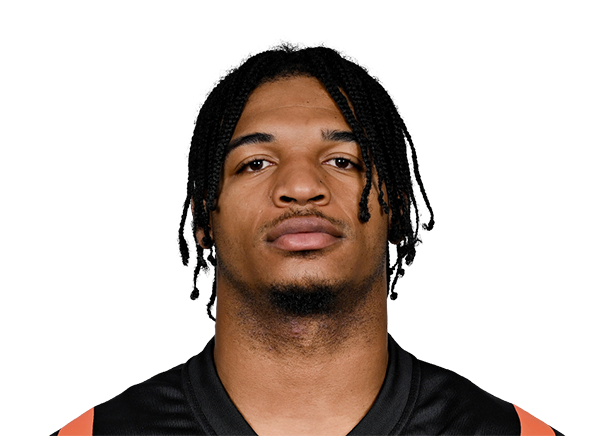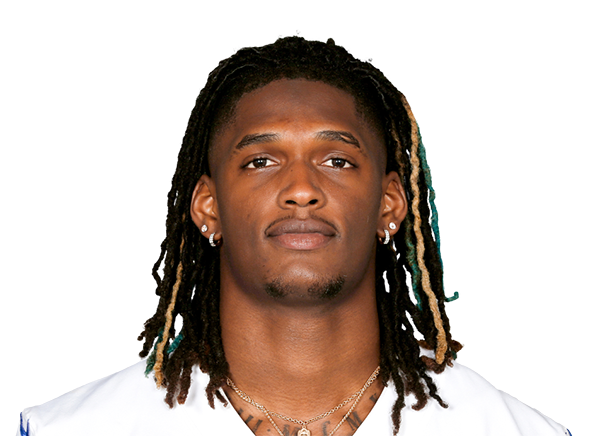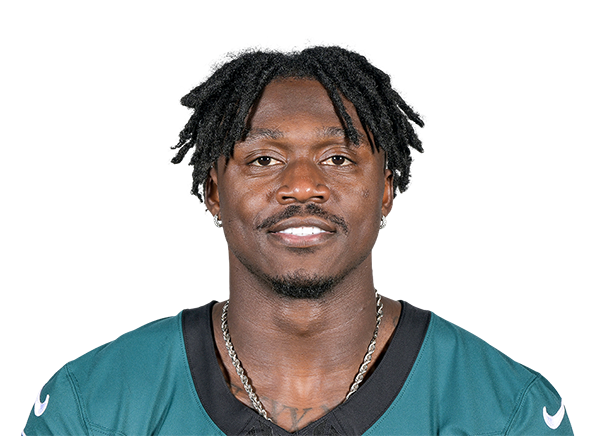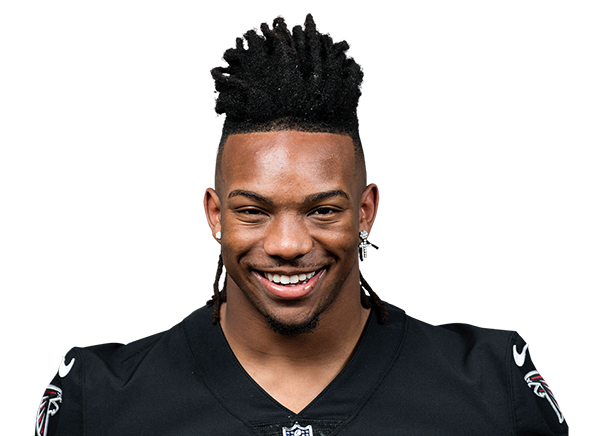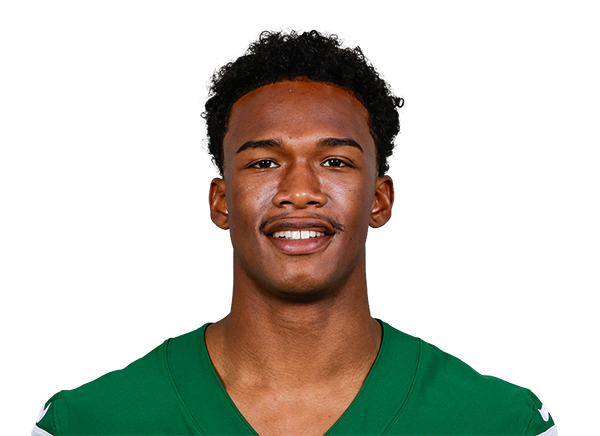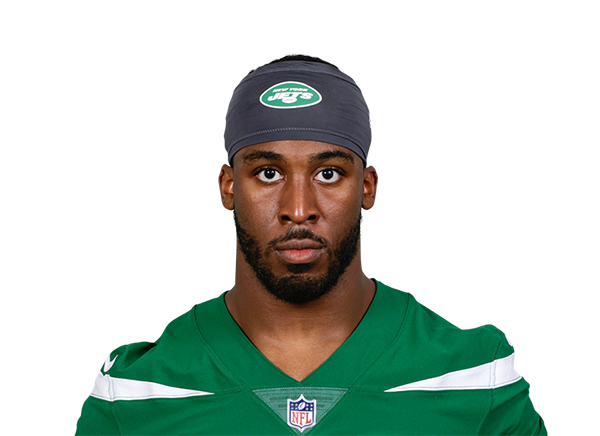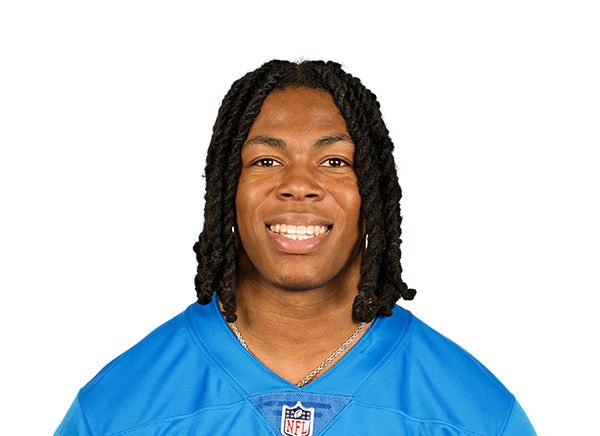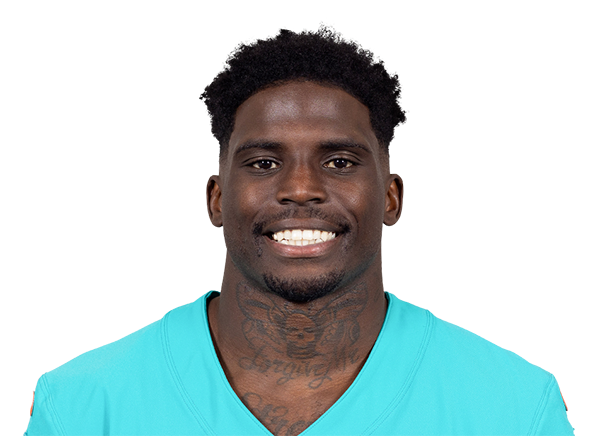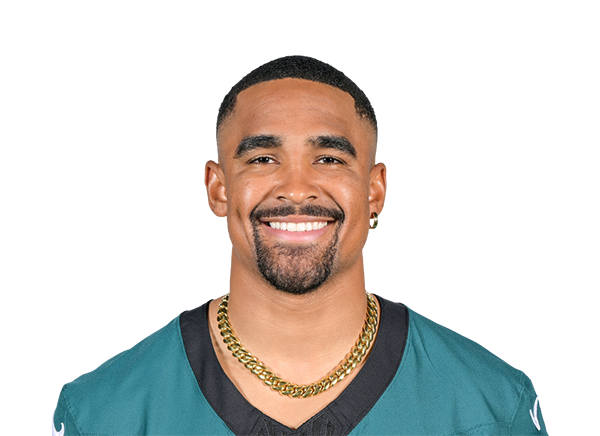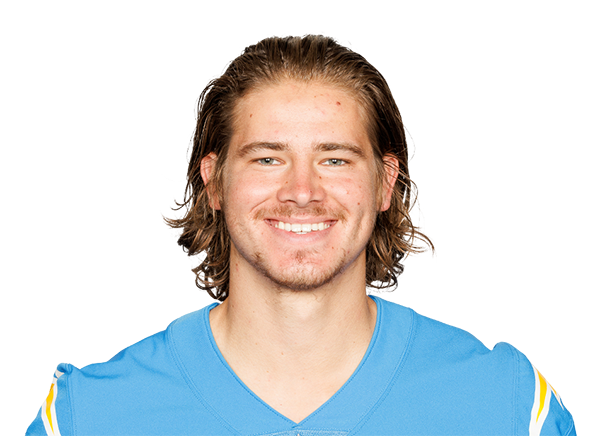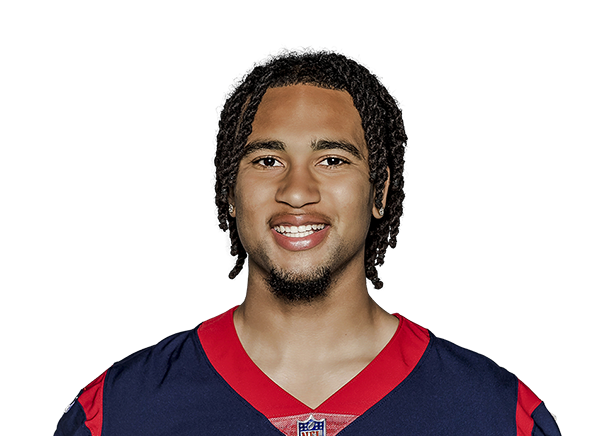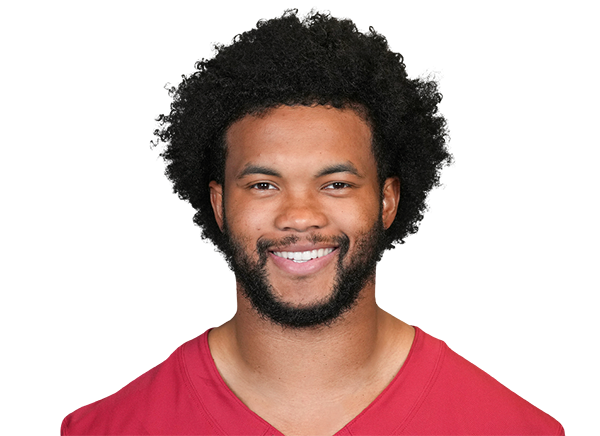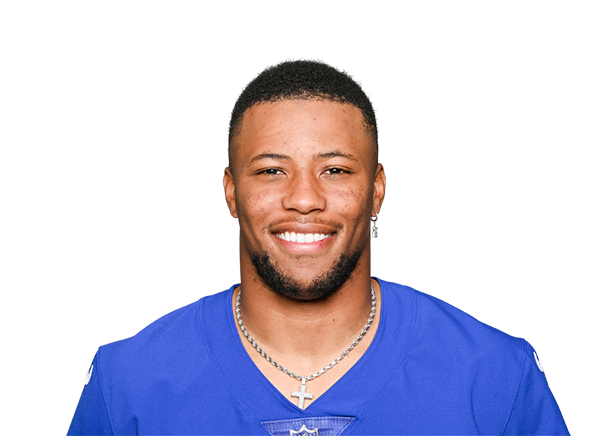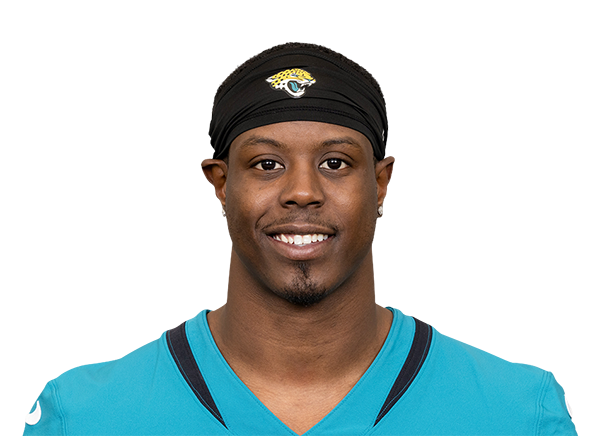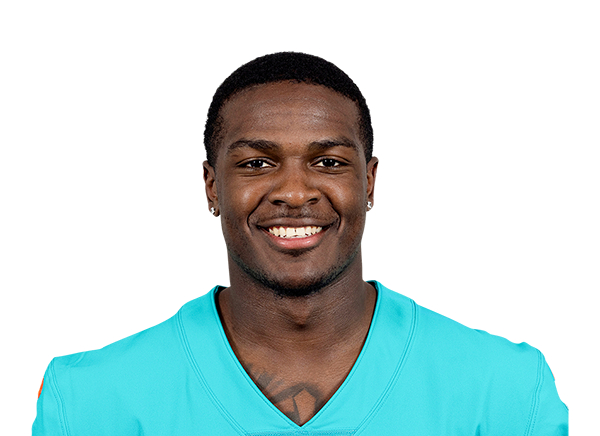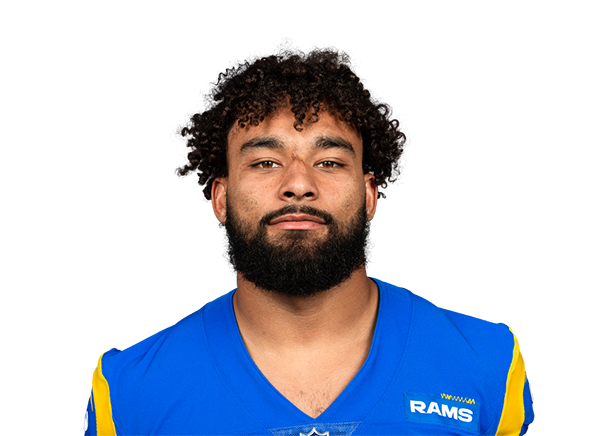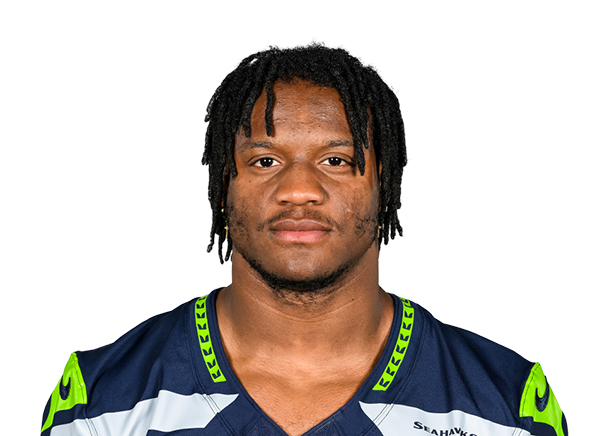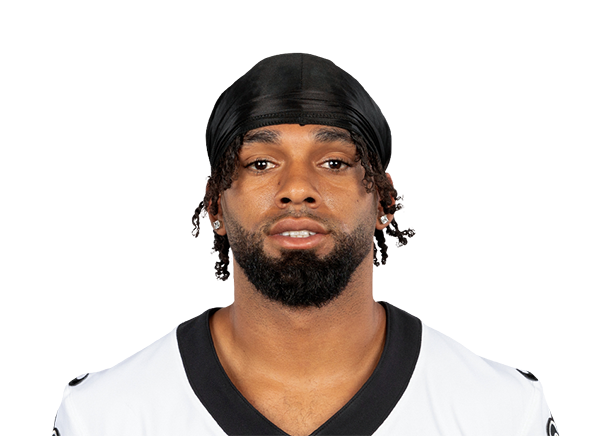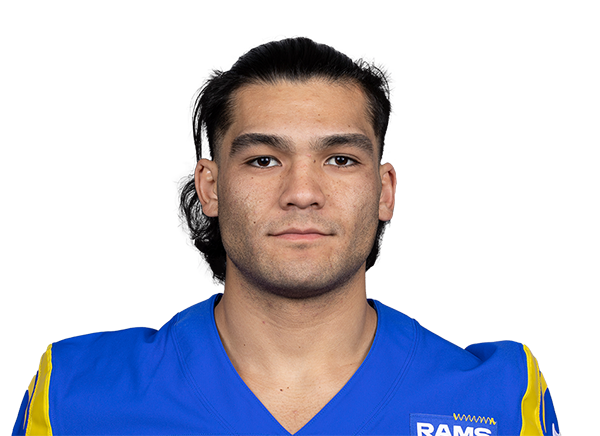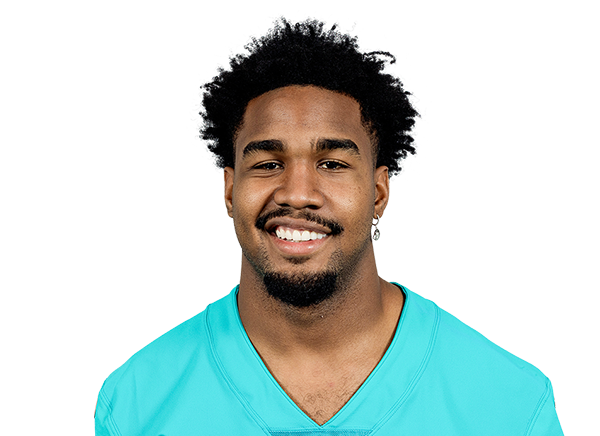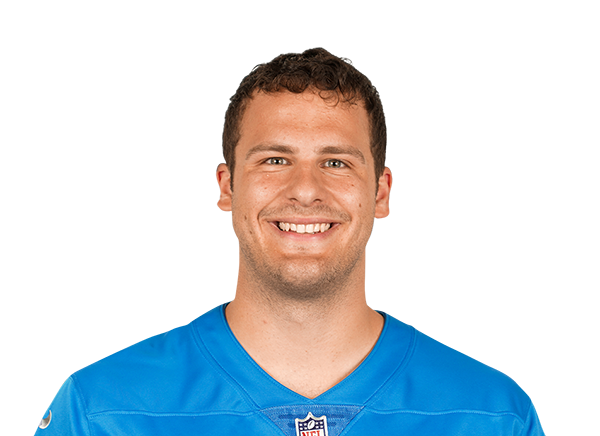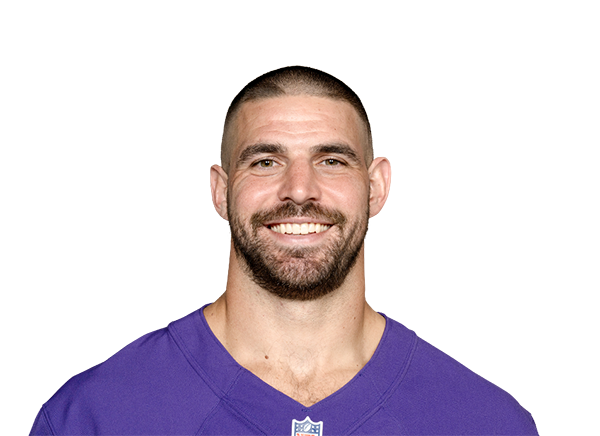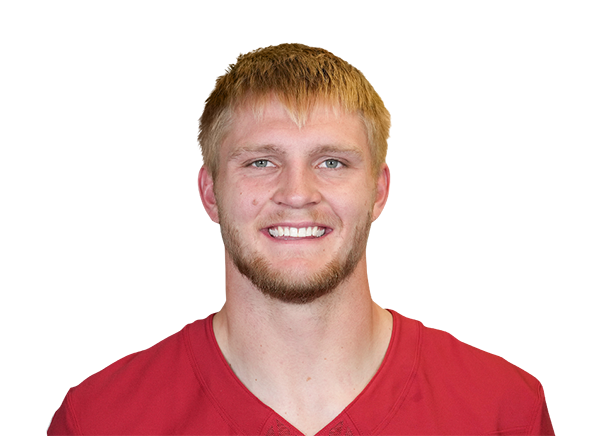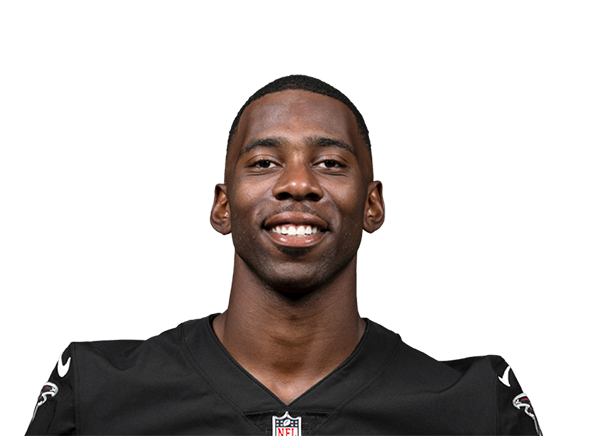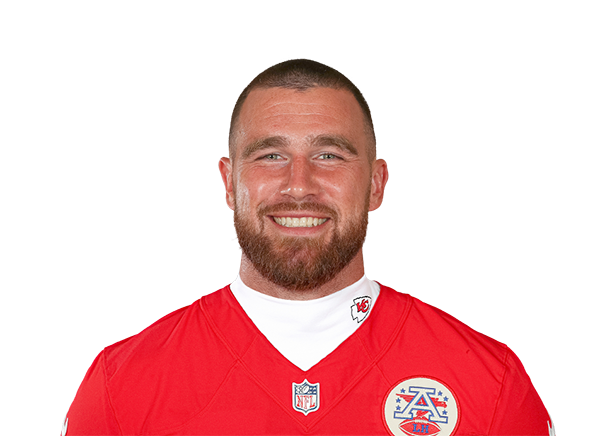I’m Ryan Sitzmann and This Is How I Play
Several years ago I began working remotely for a startup non-profit after spending most of my career in retail and corporate offices. As any quality researcher would do, I immediately began looking into tips and tricks of how to be successful working remotely. I stumbled across an article series by Lifehacker, called “How I Work,” which essentially was a collection of interviews, focusing on best practices, workflows, workspaces, and gadgets used by successful business people.
This article series is a nod, or rather a direct copy of their idea, from a fantasy football perspective. I’ll seek to interview the most interesting minds in fantasy football, procuring their secrets, routines, bookmarks, and more in an effort to pull back the curtains and provide you with resources and information. I hope you enjoy!
Your name
Ryan Sitzmann
Your Twitter handle
RS: @TheIDPGuru
Your location (city/state)
RS: Chicago, IL
Current day job
RS: Media Buyer
Current fantasy job(s)
RS: Owner/Lead Writer at IDPGuru.com, IDP Staff Member at Footballguys.com
One word that best describes how you play fantasy football
RS: Intensely
Who is your favorite (non-current) NFL player? Why?
RS: London Fletcher – He was a joy to watch. What he lacked in size and speed, he made up for with instincts and determination. He was one of the most consistent and durable linebackers of all time, never missing a game in his 16-year career (250 games) and ranking sixth all time in tackles. Pretty amazing for an undrafted player from a Division III college. Future Hall of Famer in my book.
Current mobile device
RS: Samsung Galaxy S7
Current computer
RS: IBM Thinkpad T460s
First of all, tell us a little about how you got your start in fantasy football. How did that evolve to what you’re doing now?
RS: I joined my first fantasy league back in 1997 when I was 10 years old. It was a league my Dad had been in for a couple years with some of his buddies before he asked me to “help run the team.” Besides being a full IDP league, the scoring system was highly unusual (e.g. running backs get double points for receiving touchdowns) and there was no bench (i.e. you had to decide if you wanted to take a zero from a player that was injured or on bye or take your chances on the waiver wire). It was an atypical league to say the least, but I loved it and was instantly hooked – especially the IDP portion. I can still remember anxiously waiting for Monday morning to roll around so I could go buy the USA Today and tally up my scores. My Dad and I still co-manage a team in this league to this day.
By the late 2000s, I was playing in several IDP leagues and constantly looking for an edge over other competitive owners. Reliance on fantasy football magazines for advice had started to dwindle by this point as the internet ballooned with hundreds of sites dedicated to the topic. Although there was a significant proliferation of information regarding the offensive side of fantasy football, IDP resources were still severely lacking. I grew up listening to John Norton and Jene Bramel of Footballguys.com on their audible podcast and it became a key weapon in my IDP arsenal. However, outside of John and Jene and a handful of select others, there just wasn’t much IDP content out there. And what was out there was usually behind either a) behind a paywall or b) not very good. This said, I thought to myself “why not start your own free blog solely dedicated to IDP?” At the very least maybe it will help out other desperate IDP owners looking for supplemental information.
I was still in college at the time and working as an intern, so I had some free time on my hands to get the site up and running and push out a decent amount of content early on. I launched the site in November of 2009 and was able to network with a few key people in the industry to get the word out. Before I knew it, I was getting better than expected traffic/feedback on the content. I started receiving offers from various fantasy football sites to produce IDP content for them and worked my way up through a handful of sites before finally landing at Footballguys.com in 2010. Things had truly come full circle for me at that point and I continue to work them. Six years later the site is bigger and better than ever and continues to grow.
How many fantasy football leagues do you currently play in? What is your favorite league and why?
RS: At my highest point, I was playing in around 10 leagues annually. However, I drastically cut that number down a couple years ago as the time requirement was becoming too much to handle. I now play in just two leagues (one being the original league I started playing fantasy football in 20 years ago and the other being a close friends league that has been running for nearly just as long).
What’s your best time-saving shortcut or fantasy hack?
RS: I like going to FantasyPros.com on Tuesday morning and using their consensus rankings to get a first pass of how my roster is shaping up heading into the week. This helps me develop a quick SWOT analysis of my team and helps me focus on what positions I need to more heavily research in the coming days.
In order to be successful in fantasy football, you have to do at least one thing better than the average owner. What’s your secret?
RS: Diligence and pragmatism. I take a very data-driven approach to fantasy football and try to minimize the amount of “gut” calls I make. To me, “going with your gut” is just a euphemism for “I don’t know what I’m doing but this feels right to me.” Being able to take all the data and synthesize the information down to its most salient points has been key for me over my fantasy career. With so much information readily available to us, it’s easy to over analyze things or find ways to make the data fit a predefined story we want it to tell.
What’s your greatest weakness in fantasy football? Startup drafts, mining the waiver wire, making trades, lineup decisions? How do you make up for it elsewhere?
RS: Mining for developmental players, especially on the offensive side of the ball is probably my main weakness area in fantasy football. I don’t spend a whole lot of time watching College Football, so I usually condense a whole year’s worth of draft prospect research into the months of March and April in order to be ready to form fantasy opinions on key incoming fantasy rookies.
How would you describe your fantasy football philosophy?
RS: I take a very calculated approach to fantasy football. I trust what the data is telling me and I don’t typically deviate too drastically from that when making lineup decisions. This tends to lead me down a more conservative path in terms of roster management. I don’t like to take risks unless I absolutely have to (e.g. I’m an underdog in a matchup).
Walk us through what your week looks like during the season as a fantasy owner. When do you watch games, process waivers, propose trades, etc?
RS: I typically watch games live. In past years, I would have multiple games streaming at once but that became too overwhelming, so now I watch a lot of NFL Redzone (unless the Cowboys are on and then that game has 100% of my attention). While watching the games on my big screen, I always have my laptop open to the NFL box scores so I can continually track plays.
My first waiver wire period begins Tuesday night, so my research often begins early Tuesday morning. I have another waiver wire period Wednesday night as well so Wednesday is a big personal fantasy research day for me too. Then Sunday morning I wake up a few hours before the start of the games to check the inactive list/weather reports and make any last minute moves.
What’s your favorite article you’ve ever written? Why?
RS: I wrote an article entitled Guide to NFL Defensive Schemes several years ago that still probably qualifies as my favorite. I say that because it goes beyond your typical weekly advice column and really gets to the foundation of how to properly look at and analyze defenses/IDPs. I think that’s really powerful because once you have a base understanding of how defenses work, you then know where to find situational IDP value on every team. This is particularly important in the IDP world where value is often predicated, not only on talent, but situation and opportunity.
Who is the best fantasy football owner you’ve ever played with and why?
RS: My Dad – because he’s my dad.
What’s your current workspace (for fantasy football) like? Coffee shop with laptop and headphones? Home office with a standing desk?
RS: Nothing fancy – I usually just sit on my living room couch with my laptop and do work while listening to music or watching TV.

Besides your phone and computer, what gadget can’t you live without and why?
RS: My HTPC (Home Theater PC) that I built – it’s hooked up to my big screen and serves as my streaming device for movies, TV shows, etc. and I use it for general internet browsing as well.
What apps, software, or tools can’t you live without?
RS: Footballguys Draft Dominator, BeerSmith Brewing Software, Spotify
What is your go-to site for your tough start/sit decisions?
RS: I honestly don’t have one. Nobody knows your league better than you, so I ultimately rely on myself for those tough start/sit decisions (after doing copious amounts of research across several different fantasy resources of course).
If you could only read one website (other than those you contribute at) for the rest of your life, what would it be and why?
RS: Reddit – it houses everything one could possibly be interested in.
Take a quick peek at your bookmarked sites. What are the top 3-4 sites on the list?
RS: Reddit, YouTube, Facebook, Twitter
What podcast is currently queued up on your phone?
RS: Dan Carlin’s Hardcore History
What are you currently reading? A novel, comic book, website, magazine?
RS: Michael Jackson’s Great Beers of Belgium
What do you listen to while you play? Got a favorite playlist? Maybe a podcast? Or do you prefer silence?
RS: If the work is super involved, I prefer silence. Otherwise, I have a curated Pandora station that I listen to quite frequently which tends to focus on acoustic/coffee shop style music.
Do you have any superstitions on game day? Wear the same lucky T-Shirt? Always make homemade chili before the games?
RS: I’m not a very superstitious person, so there’s not much for me to say for this one.
How do you recharge?
RS: I usually do a 2-3 week trip somewhere towards the end of the year to “get away” and gain a fresh perspective on life. This past year, my travels took me to Amsterdam, Paris, London, and Edinburgh.



What’s your sleep routine like? Are you a night owl or early-riser?
RS: I’m very much a night owl (and consequently a late-riser). My mind tends to be the most active/creative at night, so that’s when I usually do a lot of my writing.
Fill in the blank: I’d love to see _________ answer these same questions.
RS: Jene Bramel
What’s the best advice you’ve ever received?
RS: Half of life is just showing up
Is there anything else you’d like to add that might be interesting to readers and fans?
RS: I’m a big Neil DeGrasse Tyson fan, so I’d like to leave everyone with one of my favorite quotes from him – “For me, I am driven by two main philosophies: know more today about the world than I knew yesterday and lessen the suffering of others. You’d be surprised how far that gets you.”
The How I Play series asks writers, developers, editors, and fantasy football degenerates to share their secrets, bookmarks, routines, and more. Have someone you want to see featured, or questions you think we should ask? Email Eric Dickens or start a conversation with him on Twitter.



